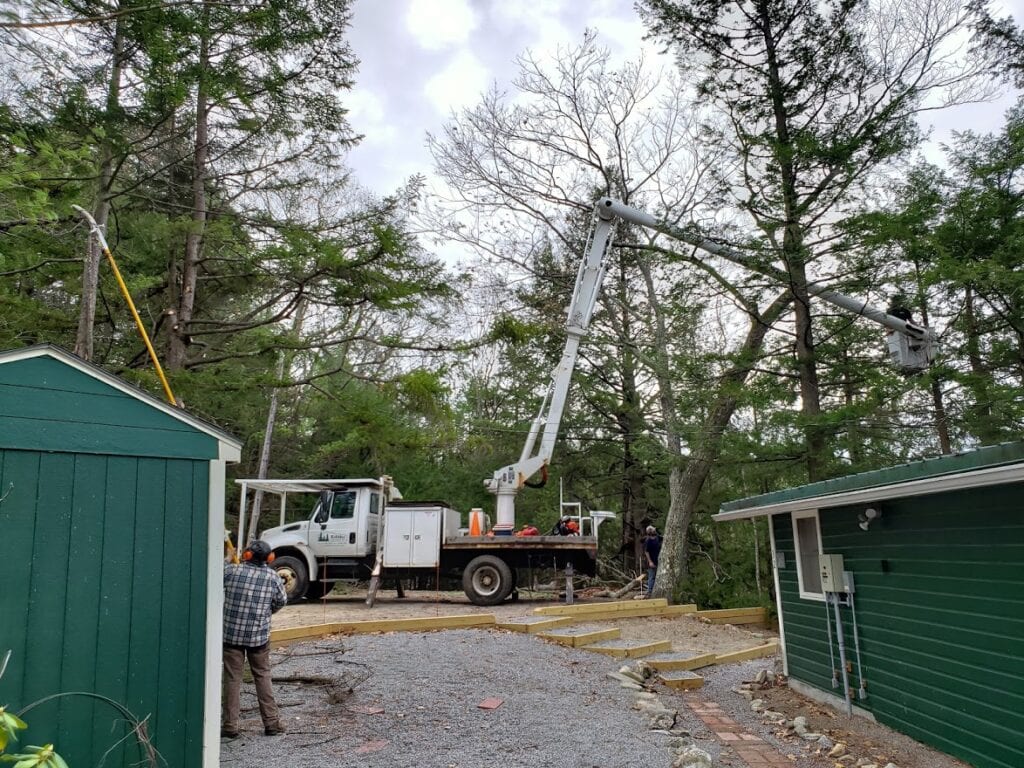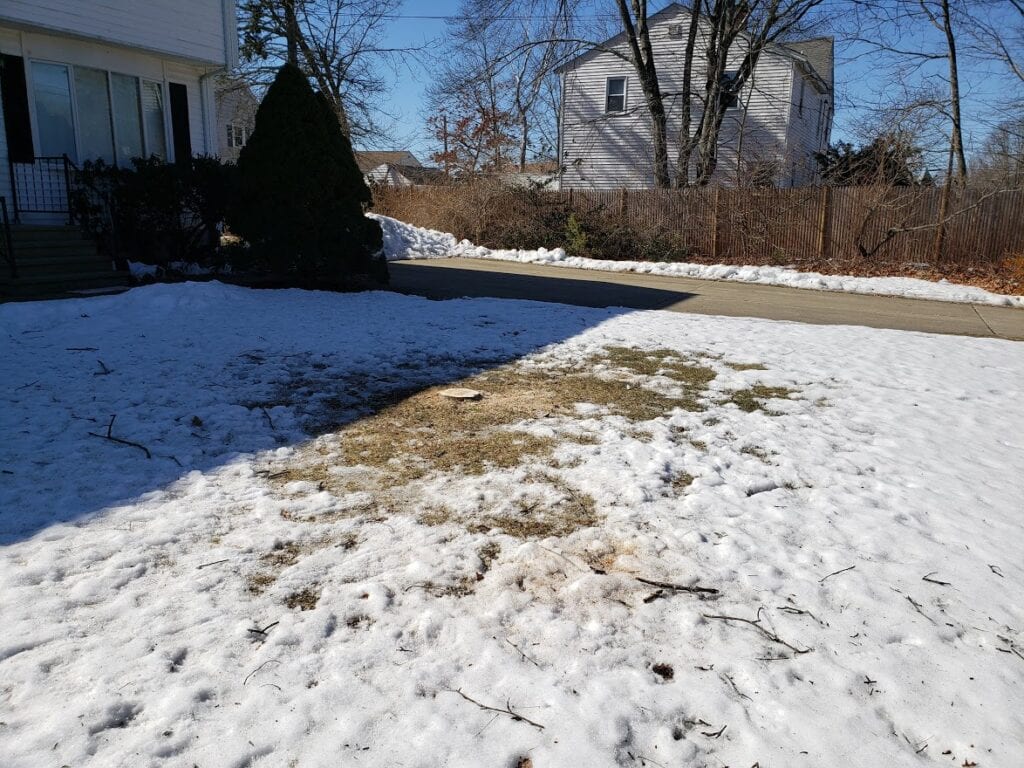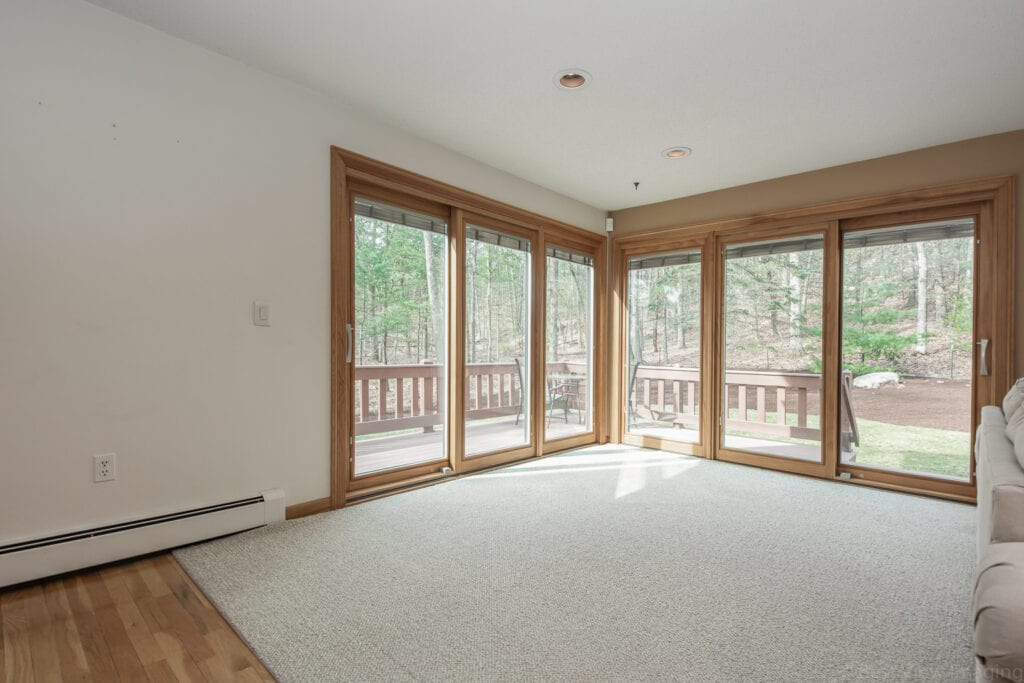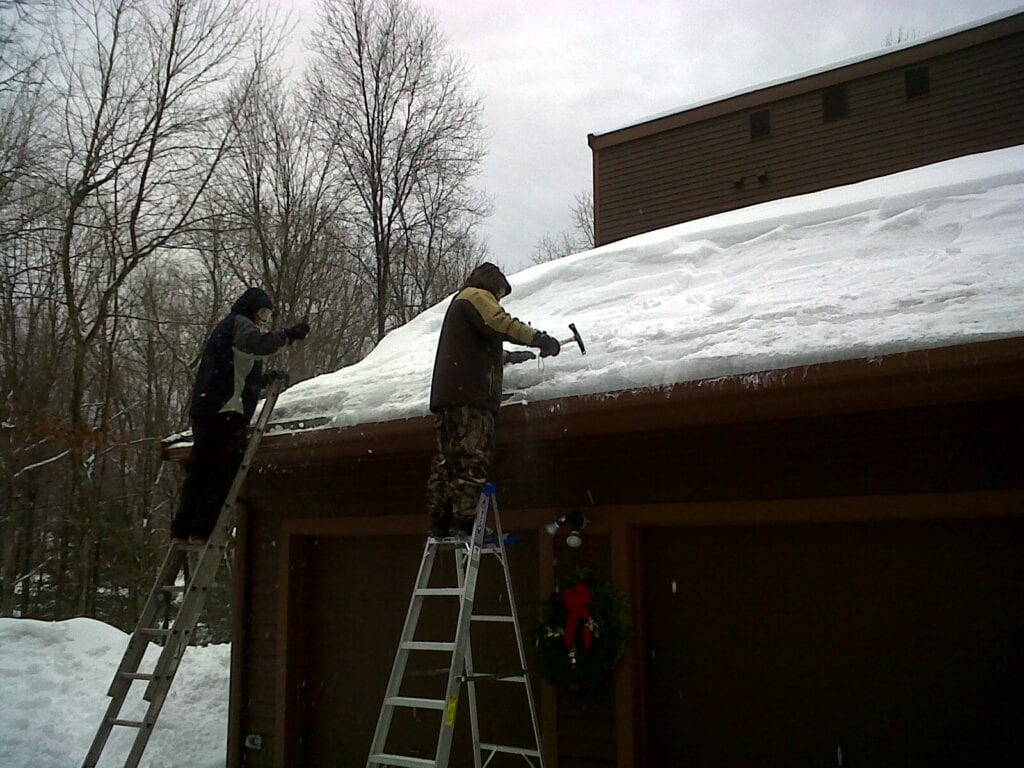John Goreham has been investing in rental properties for about a decade and owns rental property company. He has used Mashvisor’s tools in the past to help with his business.
In this article John shares with Mashvisor’s investors 4 reasons he prefers to invest in real estate locally and one downside to doing so.
Real estate investors are wise to look for properties that offer the best return on investment. Mashvisor can help you invest in real estate anyplace in America. Furthermore, Mashvisor can help you to analyze various properties to compare and contrast them with one another. When I did this analysis, I also considered proximity to my home and company’s base of operations. Here’s why this rental property investor has chosen to invest in real estate locally.
Local Market Knowledge
Although Mashvisor’s tools can tell you everything you need to know numbers-wise, there are other aspects to a neighborhood that are hard to quantify. For example, do the planes that approach the closest neighborhood fly over the property? Can the commuter rail train’s stops and starts be heard from the property? How do the school buildings look in that neighborhood? Are they new, or will your property taxes be going up to replace them soon?
Local market knowledge of an area in which you invest in real estate can also translate to equity increases. By living in your rental properties’ local area, as opposed to an out-of-state area, you will know if that old abandoned building is going to help or hurt you when it is rehabilitated. Will it be more housing, thereby lessening the value of your unit? Or will upscale retail go in and boost your property value? By being part of the neighborhood, you will know if the market is good without having to do any research because you will read the local news and be part of the community discussion.
Consolidation of Vendor Network
In my past Mashvisor stories, I have explained why I feel that one’s real estate network of peers, contractors, and service providers is critical to success when investing in real estate. Your realtor, general contractor, handyman, landscaper, electrician, plumber, and even your legal and tax services providers are all informal partners in your business. Nobody stands alone in real estate rentals. By having your properties in your local area, you need just one vendor list. If you spread your rental properties around your state or your region, you need a complete list every place in which you have an investment property.
The consolidation of vendors goes beyond just simplicity. If you have a landscaper who serves five of your rental properties, the relationship is much more valuable to him or her than if you are simply a one-property client. If you need help, a vendor who relies on you for a meaningful part of his or her income will be a lot more motivated to jump into action when you ask.
Being Present When Work Is Performed
This past spring, one of my rental properties needed professional tree work performed. A storm had damaged some large trees that could fall and hit the duplex rental unit I owned. Because the damage was all over the property, I walked the jobsite with my trusted tree professional, and we made a detailed map of what would be trimmed and what would be removed. Because tree crews are so busy in my area, I knew that the crew would be on my property without much notice.

Tree damage on one of my rental properties
Unfortunately for me, I had moved about an hour away from my rental unit. Worse, during the morning rush hours, it was not practical to travel from my home to the rental because the commute could be as long as two or more hours. As the day of the work approached, I became nervous.

Wrong tree cut on my rental property
Sure enough, the crew began work one morning, and mine was the first job of the day. I hopped into my car and drove toward the jobsite to supervise, arriving just after the crew left. My worst fear was realized. The crew had removed a mature, decorative flowering hardwood tree located front and center on the property. It was the centerpiece of the landscaping.
Having been in the landscaping business for many years, I knew there was no practical way for the tree to be replaced. This put me and a vendor I relied upon at odds with one another. We worked it out, but had I been able to be there, it would not have happened.

Sliding doors installed backwards in my property
This was not the first time something like this had happened to me. Once, a contractor renovating my property installed a $15,000 pair of sliding doors backwards in a unit I owned. Again, it was worked out, but the truth is, if you want a project to go smoothly, you need to be present.
Out of state real estate investing is not something I avoid entirely. I do own a property in a neighboring state, and I helped manage one in a second nearby state. However, these experiences only reinforced my feelings that local is better. Real estate investing takes many forms, and the two properties I was involved with out of state – a vacation home and a downtown apartment in Rhode Island – could not be found locally.
Related: Making Money With Long Distance Real Estate Investing
Being Involved Locally & Voting Rights
My rental properties are located in the south of metro Boston suburbs. I purposely chose to invest in real estate in this region because I knew that it was unlikely that rent control would be established. Also, I knew that the area was not primarily made up of distressed properties and unemployed renters, a population of renters with whom I had little experience at that time. In other words, I knew the community and I knew what I was in for.
More importantly, as a member of that community, I could vote in local elections and attend town meetings, at which important decisions can be made. My voice would be heard. In my area, if you live out of the region, you have no voice. You pay taxes and support the economy, but unless you live in the town, you cannot vote on topics that will directly impact your business. For me, being part of the community mattered.
Related: Buying a Rental Estate Property Out of State: Pros and Cons

Maintenance on one of my rental properties
One Caveat When You Invest in Real Estate Locally – Putting All Of One’s Eggs in a Single Basket
Few things are absolute in business, and investing locally is no exception. Although I am a proponent of investing locally and do so myself when possible, there is a downside. When you place all of your eggs in one basket, if the community heads in a bad direction, or if there is a calamity of some sort, your problems are amplified. The recent ice storms in Houston, the fires in Colorado and other regions, and the homelessness epidemic in California and some other places are examples of where if you have a lot of units in one region that has a problem, your entire business can be impacted. Were I a larger investor, I might pick a few different regions in which to cluster my rental properties, Airbnbs, or vacation rental units. By having multiple areas of operation, I could at least know my business could survive a bad situation in one local market until I could divest my holdings there to re-invest in a more promising location.
Related: Real Estate Property For Sale: Local vs Non-Local
Choosing where to purchase an investment property is one of the most important decisions an investor will make. Mashvisor is your go-to resource for property search tools, rate of return on investment analysis, and more. However, you need to decide if you will be a local investor or one which had a widespread map of rental properties. For me, opting to focus my business in the area in which I reside has proven to have many upsides.
If you’d like to compare and contrast regions, Mashvisor can help. To get started with Mashvisor, check out our no-obligation offers and try the site to see what we have to offer.